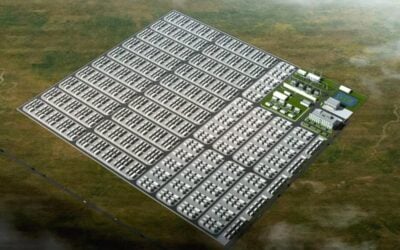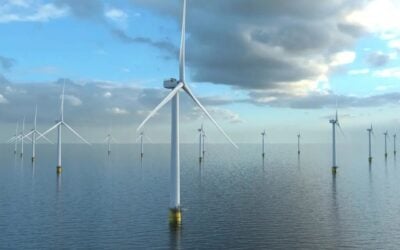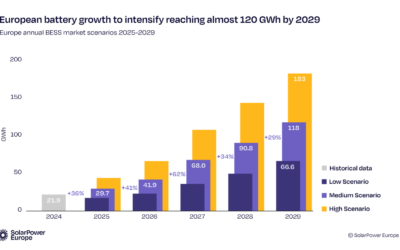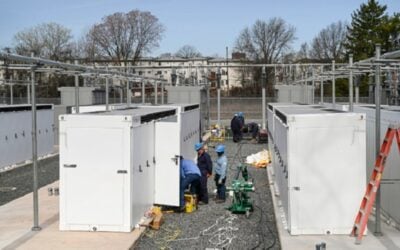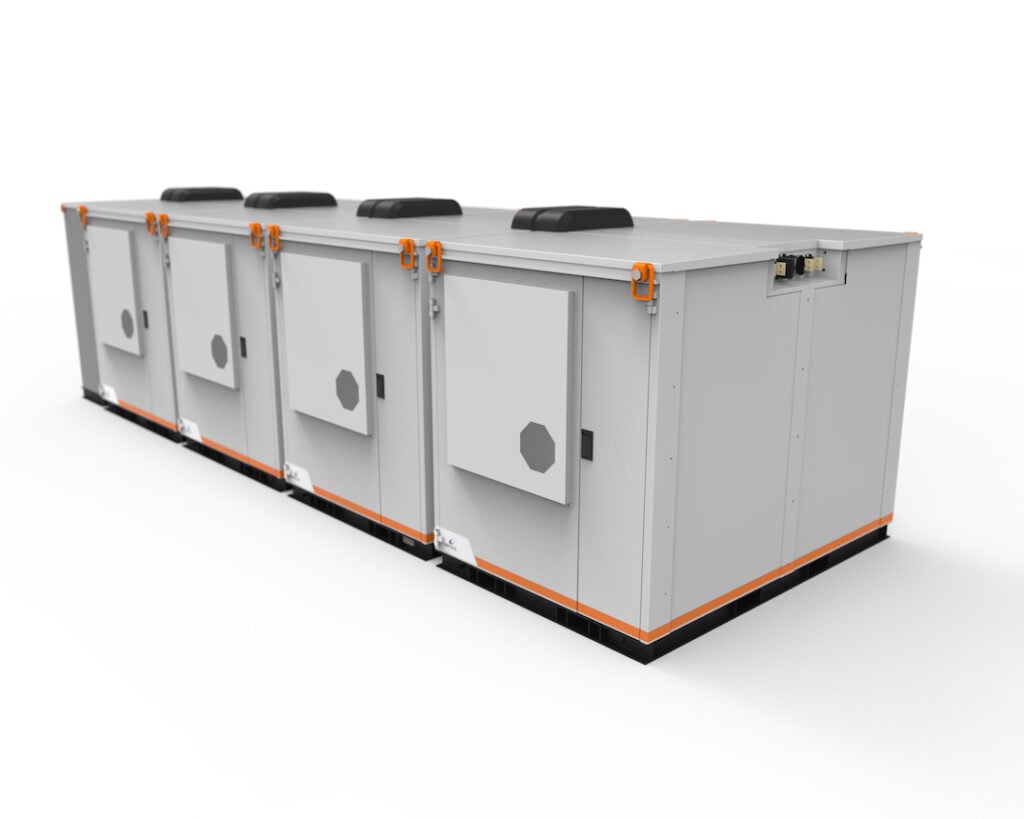
Wärtsilä has given details of the energy storage system it will supply to utility company Bahamas Power & Light (BPL), integrated with a dual-fuel engine power plant the Finnish energy company provided in 2019.
In late July, Bahamas news outlet The Tribune reported that the island’s main utility company was planning to deploy a battery storage system to increase efficiency of, and provide back up power to, a thermal power plant.
Enjoy 12 months of exclusive analysis
- Regular insight and analysis of the industry’s biggest developments
- In-depth interviews with the industry’s leading figures
- Annual digital subscription to the PV Tech Power journal
- Discounts on Solar Media’s portfolio of events, in-person and virtual
This week, Wärtsilä said it will supply a 25MW / 27MWh battery energy storage system (BESS) based on 27 units of its GridSolve Quantum BESS product that was launched last year. It is being combined with the existing Wärtsilä 132MW dual-fuel power plant at Bluehills Power Station in Nassau.
Wärtsilä won a competitive tender process run by the Bahamanian government and has signed a full engineering, procurement and construction (EPC) contract. The system is expected to be fully operational by the middle of next year.
The solution will “greatly assist BPL in the process of improving system reliability and service quality”, the utility’s CEO Whitney Heastie said.
“In addition, we believe this energy storage solution will help us as we work to continue our reduction of operational costs on the island.”
According to Wärtsilä, the combined system will be able to provide the Bahamas’ entire spinning reserve requirements, as well as improving the island grid’s generation efficiency and system reliability.
Like other islands without interconnection to a large grid network, sudden load changes and extreme weather can greatly impact the Bahamas’ electric system reliability.
Energy storage and more flexible thermal generation can contribute to smoothing out the fluctuations, especially as the region increases its share of variable renewable energy in the mix in line with Bahamas Government policy, targeting 30% renewables by 2030, primarily solar energy.
The batteries can also reduce how much the thermal power plants need to run in order to provide spinning reserve, which has multiple benefits, reducing maintenance and fuel costs and reducing emissions and air pollution.
Wärtsilä said its GEMS Digital Energy Platform, which enables the smart control and dispatch of all types of energy assets, not just the battery storage it was originally designed to work with, can play a vital role.
In July, BPL CEO Heastie was quoted by The Tribune as having said the BESS is expected to cost about US$15 million. He said it will allow the utility to transfer energy load demand onto newer, more efficient and cheaper to run thermal power plants, and prevent BPL from having to run some older plants “just to hold a voltage that supports the eastern and southern end of the island”.
Wärtsilä has recently expanded the regions its battery storage has been contracted for deployment in, with deals for projects in Taiwan, Australia and the Philippines announced within the last few months alone.
The company, which has been active in more mature energy storage markets like the US and UK for the last few years said that despite the uncertainty and downturn caused by the pandemic, energy storage had been among the most strongest performing of its own business segments in growth terms, as it reported its quarterly financial results for the first half of 2021 a while ago.

